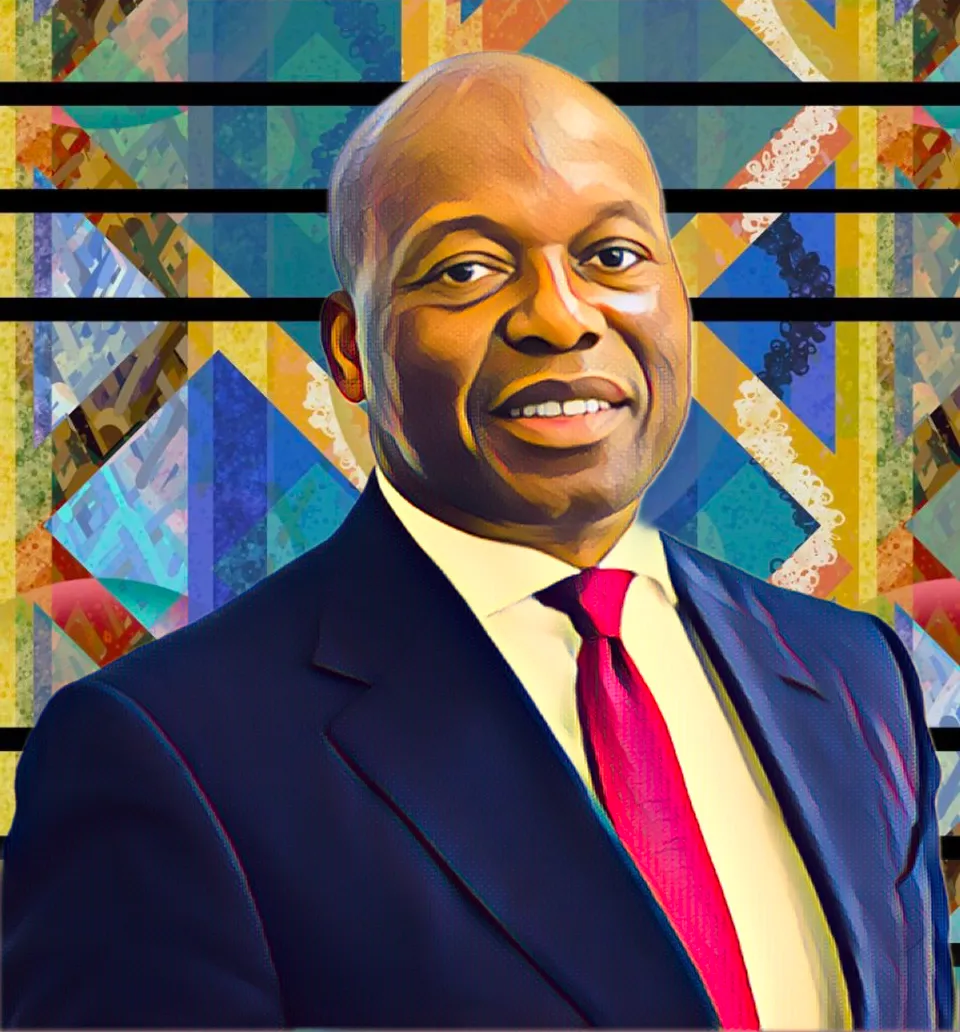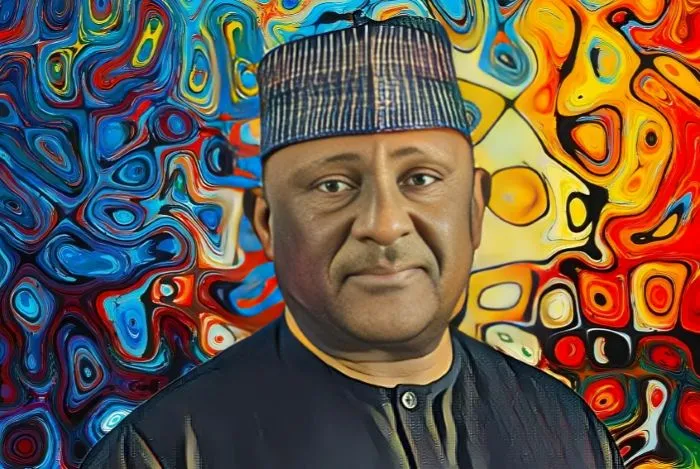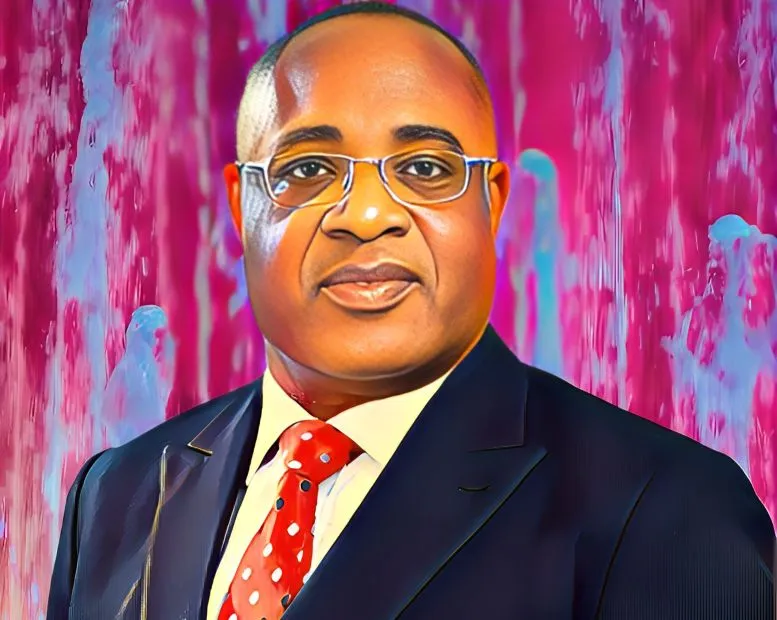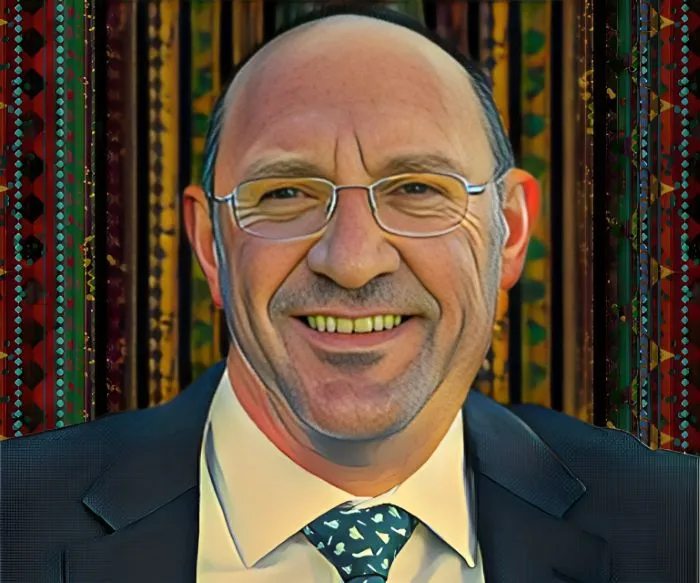Table of Contents
Key Points
- Wale Tinubu highlights Oando's $10 billion net asset value, 1 billion barrels in reserves, and daily gas production of 2 billion cubic feet.
- Oando's acquisition of Nigerian Agip Oil Company Limited boosted its stake in four oil mining leases to 40%, strengthening Nigeria’s onshore energy ownership.
- Tinubu unveiled plans to integrate AI into drilling operations and adopt carbon capture technologies, driving Oando’s sustainable energy ambitions.
Wale Tinubu, Group Chief Executive of Oando Plc and nephew of Nigerian President Bola Ahmed Tinubu, has reaffirmed Oando's position as a leader in the oil and gas industry with a net present value of over $10 billion tied to its assets.
Speaking on the sidelines of the 2025 World Economic Forum (WEF) in Davos, Switzerland, Tinubu revealed that Oando holds over 1 billion barrels in oil reserves, with the capacity to process 300,000 barrels of oil daily and produce more than 2 billion cubic feet of gas per day.
He also shared that the net present value of the oil in its facilities is estimated at over $10 billion. These figures highlight Oando's strong position in the energy sector as it continues to grow its influence both locally and internationally.
Oando's indigenous edge in oil sector
Tinubu has steered Oando to remarkable heights, most recently with the acquisition of a 100 percent stake in Nigerian Agip Oil Company Limited (NAOC Ltd) from Italian oil giant Eni S.p.A. This landmark deal significantly increased Oando's stake in four key oil mining leases—OMLs 60, 61, 62, and 63—from 20 percent to 40 percent, marking a pivotal shift in the ownership of Nigeria's onshore oil assets.
At Davos, Tinubu championed the growing role of indigenous players in Nigeria’s oil and gas sector, emphasizing the advantages of local operators in managing community relations, regulatory challenges, and security issues. "The onshore assets in Nigeria are best in the hands of local players," he stated. "Nigerians have the skill, capacity, and funding access, and we are better positioned to navigate the nuances of operating in our communities and meeting regulatory demands."
The WEF, themed “Collaboration for the Intelligent Age,” drew global leaders to address critical challenges ranging from geopolitical shocks to energy transition. Against this backdrop, Tinubu positioned Oando as a trailblazer, highlighting how indigenous energy firms could unlock untapped potential in the wake of international oil companies (IOCs) exiting Nigeria’s onshore operations.
“By combining robust working capital, advanced technologies, and local expertise, indigenous players can extract and maximize value from these assets,” he said. Tinubu also unveiled Oando’s ambitious plans to integrate artificial intelligence into its drilling operations, leveraging decades of seismic data to optimize exploration efforts and cut costs. "AI will enable us to analyze vast datasets to make more accurate and cost-effective decisions," he remarked, signaling a commitment to innovation in unlocking the company’s 1 billion barrels of reserves.
Tinubu advocates just energy transition
Addressing concerns about decarbonization and Africa’s role in global emissions, Tinubu called for a just and equitable energy transition. “Africa contributes minimally to global emissions despite accounting for 20 percent of the world’s population,” he stressed. Tinubu revealed Oando's efforts to mitigate its carbon footprint, including implementing carbon capture technologies. “We are committed to ensuring that every molecule of carbon we emit is offset through sustainable practices,” he added.
As Oando ramps up production through new drilling campaigns and enhanced security measures, Tinubu underscored the importance of partnerships and sustainable funding in driving the future of Africa’s energy sector. He highlighted the need for collaboration between governments, regulators, and private entities to unlock the continent’s vast energy potential. “Increasing our oil and gas exports is key to improving Nigeria’s balance of trade and strengthening the Naira,” Tinubu said, underscoring the critical role of the energy sector in addressing economic challenges.
Under Tinubu’s leadership, Oando continues to redefine the narrative of Africa’s energy industry, leveraging technology, local expertise, and strategic acquisitions to cement its position as a global powerhouse. With its growing portfolio and bold expansion plans, the company is poised to lead the next chapter of Africa’s energy revolution.
The acquisition of NAOC Ltd and other strategic moves have bolstered investor confidence, with Oando’s market valuation climbing steadily. Beyond Nigeria, the company has expanded its reach with a significant victory in Angola, where it secured operatorship of the Kwanza Basin Block KON 13. This achievement represents a major step in Oando's global expansion strategy, as it also vies for control of Trinidad and Tobago’s $15 billion Petrotrin refinery.










